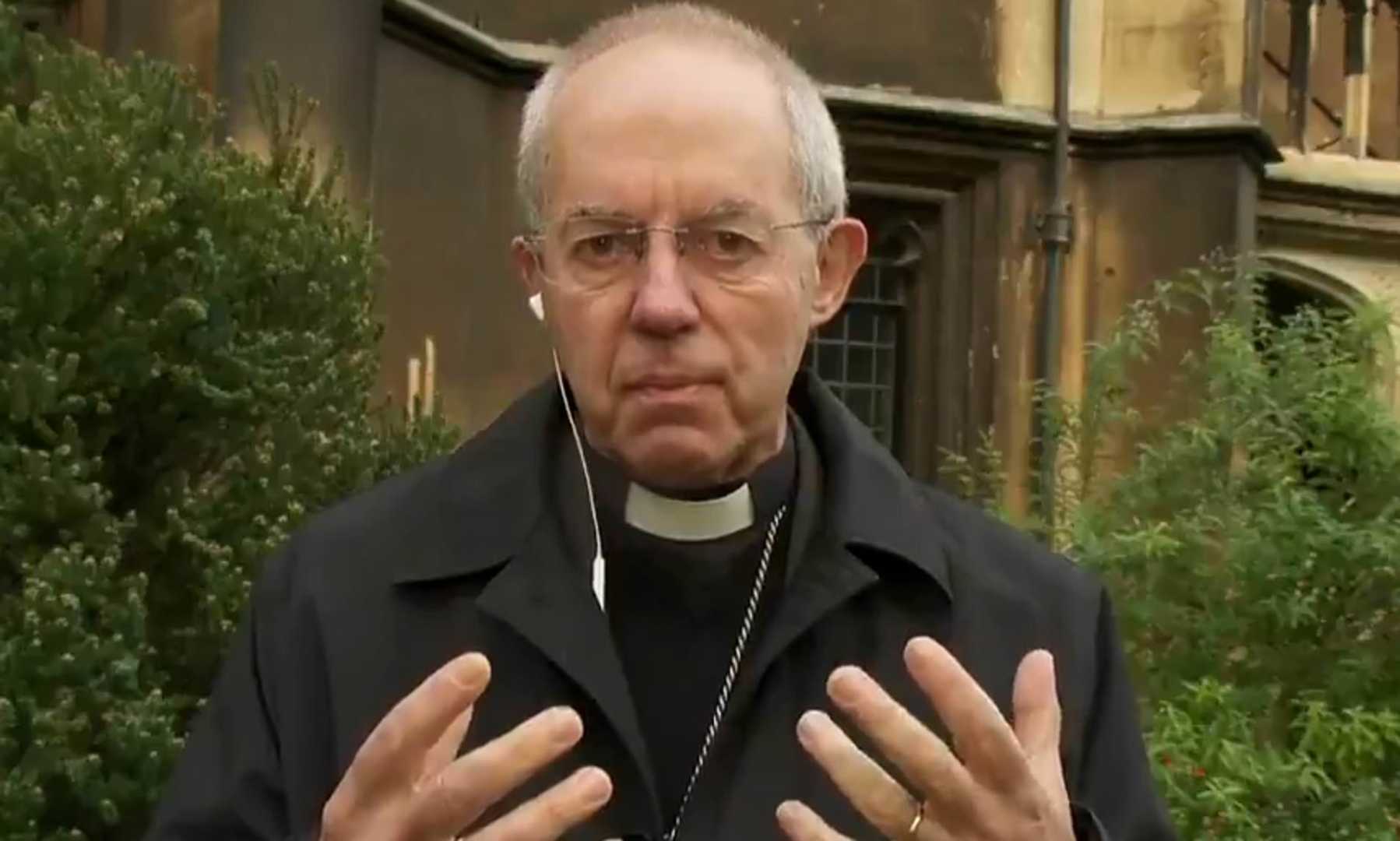News
Archbishop of Canterbury Confronts Assisted Dying Bill

The Archbishop of Canterbury, Justin Welby, is set to meet with Kim Leadbeater, the Member of Parliament for Spen Valley, following his comments opposing a parliamentary bill that seeks to legalize assisted dying. The bill, introduced by Leadbeater as a private member’s bill, has sparked significant debate within the United Kingdom.
In a letter addressed to Welby, Leadbeater criticized his characterization of the proposed law change as a ‘slippery slope’ that could potentially lead to more relaxed criteria and premature deaths. She expressed her desire for a meeting to discuss the intricacies of the issue. A spokesperson for Lambeth Palace confirmed that efforts are being made to arrange a mutually convenient date for their discussion.
The contentious legislation, known as the terminally ill adults (end of life) bill, was presented to Parliament on Wednesday and is scheduled for debate on 29 November. MPs will be granted a free vote, allowing them to cast their ballots according to personal conscience on this emotive issue.
Leadbeater emphasized the importance of maintaining harmony in the debate, writing, “We both value life unequivocally and I believe it is entirely possible to share that fundamental position while holding different views on whether the law should change to give dying people more autonomy and choice over how their lives end when that end is already very near.”
Responding to Welby’s concern over a potential slippery slope, Leadbeater argued in her letter that ample evidence from overseas shows it is possible to implement such a law responsibly. She mentioned having met with representatives of the British Medical Association, who she claims have adopted a position of neutrality on the issue following a survey of doctors.
Leadbeater highlighted that her bill seeks not to end lives but to alleviate suffering and provide clearer regulations for practices happening “in the shadows.” She noted that the Church of England, like other faiths, harbors a diversity of opinions on the matter.
Reflecting on personal conversations with Christians, she stated, “Many feel the law as it stands can compromise a dying person’s ability to come to the end of a full and rich life.”
The past experiences of Leadbeater and Welby bring personal context to the debate. Leadbeater mentioned the comfort she and her family received from Welby’s moral leadership after the murder of her sister, MP Jo Cox. Addressing Welby’s personal circumstances, she noted his mother’s hardship before her death last year at the age of 93.
The ensuing debate over assisted dying is expected to extend over the upcoming weeks and months, with Welby’s involvement signaling a potentially divisive national discourse on end-of-life care.












